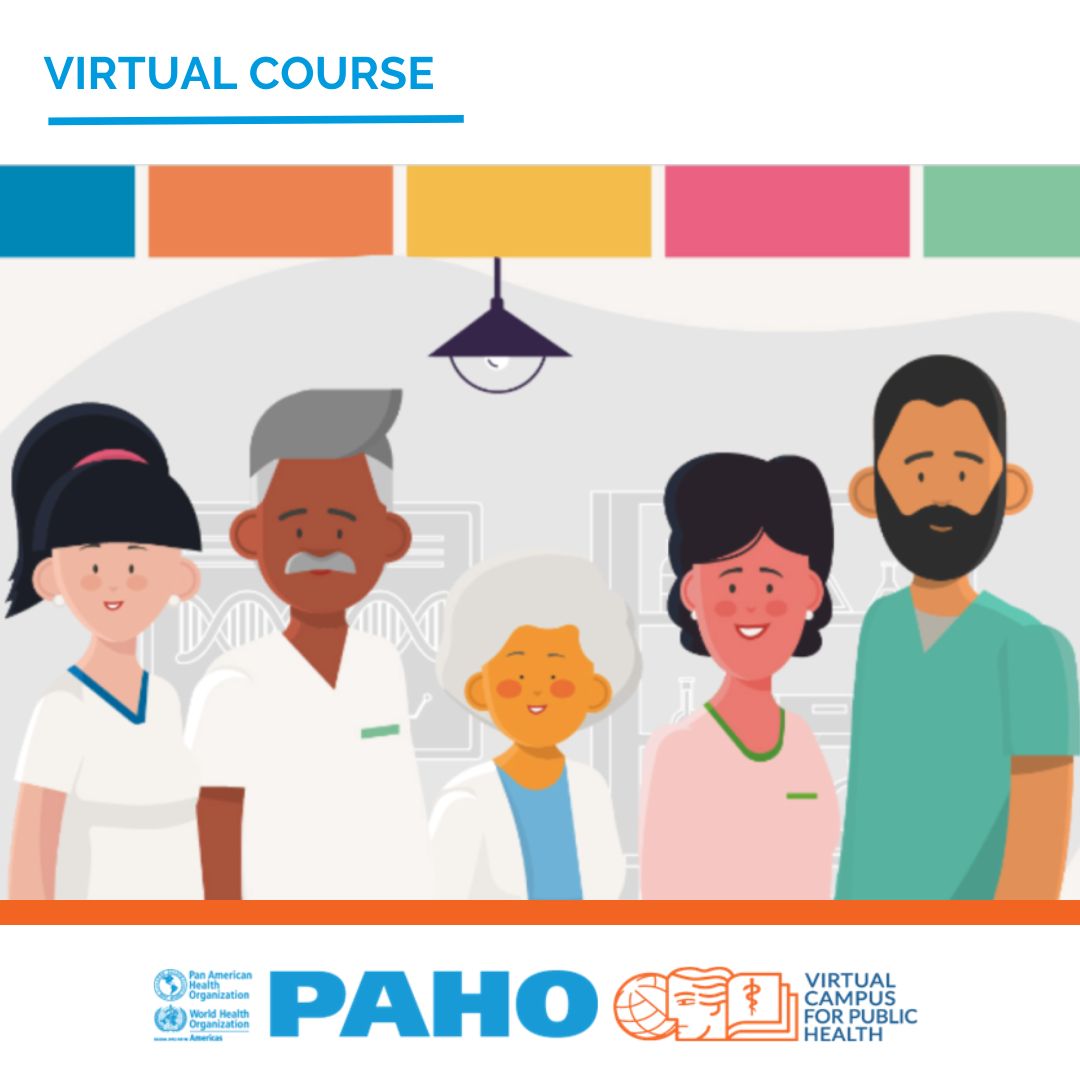
Violence against women, including intimate partner violence and sexual violence, is pervasive globally and leads to significant physical and mental health problems. Thus, as a public health crisis it demands a concerted response from health care providers and health systems worldwide.
We seek to provide health care providers with the knowledge and basic skills to implement World Health Organization (WHO) recommendations in their clinical practice while providing survivor-centered care and emphasizing compassionate, empathetic provider-to-survivor communication. Training health care providers is key to improving the health system’s response to violence against women.
Course Purpose
The following course is designed to guide health care workers in caring for women and girls who are survivors of violence, including intimate partner violence and non-partner sexual violence.
Course Objectives
- Introduce learners to intimate partner and sexual violence: including what it entails, its short- and long-term consequences, why it happens, and its prevalence (with an emphasis on cases in the Caribbean).
- Dispel myths surrounding intimate partner violence and sexual violence: including who is affected and what violence looks like, with an emphasis how women and girls, of diverse backgrounds, are all affected and might be targeted on account of their identity/diversity.
- Introduce the role of health care providers in responding to violence by presenting guiding principles on ethical, safe, and survivor-centered responses to intimate partner and sexual violence, centered on their rights.
- Train learners on how to screen for and identify cases of intimate partner and sexual violence, including in “non-traditional” settings and amongst “non-traditional” cases.
- Train learners on first-line support for survivors of intimate partner and sexual violence, with an emphasis on listening, inquiring, and validating their experiences (i.e. “LIV” of the “LIVES” acronym).
- Train learners on the clinical management of rape, including a brief overview of forensic evidence collection, mental health care, and documentation of intimate partner and sexual violence.
- Continue to train learners on first-line support, with an emphasis on enhancing safety and providing support (with examples of referral pathways) (i.e. “ES” of “LIVES” acronym).
- Explore opportunities for learners to build capacity for intimate partner and sexual violence responses in their own clinical setting.
- Train learners on how to train their colleagues on the response to intimate partner and sexual violence and on how to build capacity in their own setting and region, including: on how to use this training (and adapt it) to conduct their own trainings and how to deal with issues that might arise in training or capacity building.
Target Audience
Health care providers, who care for (or might encounter) survivors of intimate partner and sexual violence, including in outpatient/community settings, accident and emergency department, women’s health services, obstetric settings, and pediatric settings. This includes doctors, nurses, midwives, and community health workers, amongst other health care providers.
Course Workload and Dedication
The course is open and available through PAHO’s Virtual Campus (VCPH). The course is designed to be completed at your own pace and to fit into your own Schedule. It should take about 3 hours in total to complete, about 15 to 20 minutes per module will be needed on average, depending on the prior knowledge level of the participant.
We hope that you find this course engaging, and we hope that you explore further resources and the additional reading that is included.
Course Structure
This course is divided into ten modules:
- Module 1: Introduction to Intimate Partner Violence and Sexual Violence
- Module 2: Myth vs. Fact
- Module 3: Guiding Principles for Health Care Providers
- Module 4: Identification of Survivors
- Module 5: First-Line Support (Part 1)
- Module 6: Clinical Management and Documentation
- Module 7: Mental Health First Aid and Self-Care
- Module 8: First-Line Support (Part 2) and Referral Pathways
- Module 9: Setting the Scene
- Module 10: Conclusion
- Optional module: Training of Trainers
Didactic Strategy
This is a self-study, free, open to the public and self-administered course. The modules have various educational materials such as tables and infographics, videos, animations, case studies, questions to consider, further reading, and summaries.
Acknowledgements
This course was developed by the Noncommunicable Diseases and Mental Health Department of the Pan American Health Organization/World Health Organization (PAHO/WHO). We gratefully acknowledge the financial support of the Public Health Agency of Canada and Global Affairs Canada. Additionally, we are extremely grateful to our colleagues at the World Health Organization’s headquarters in Geneva, who created many of the guidance documents that informed this course.
Further, we are very grateful for the health care providers and governmental and non-governmental leaders who participated in the pilot of this course throughout the Caribbean from: Anguilla, the Bahamas, Barbados, Belize, Grenada, Jamaica, Montserrat, Saint Kitts and Nevis, Saint Lucia, Saint Vincent and the Grenadines, Trinidad and Tobago, and Turks and Caicos.
